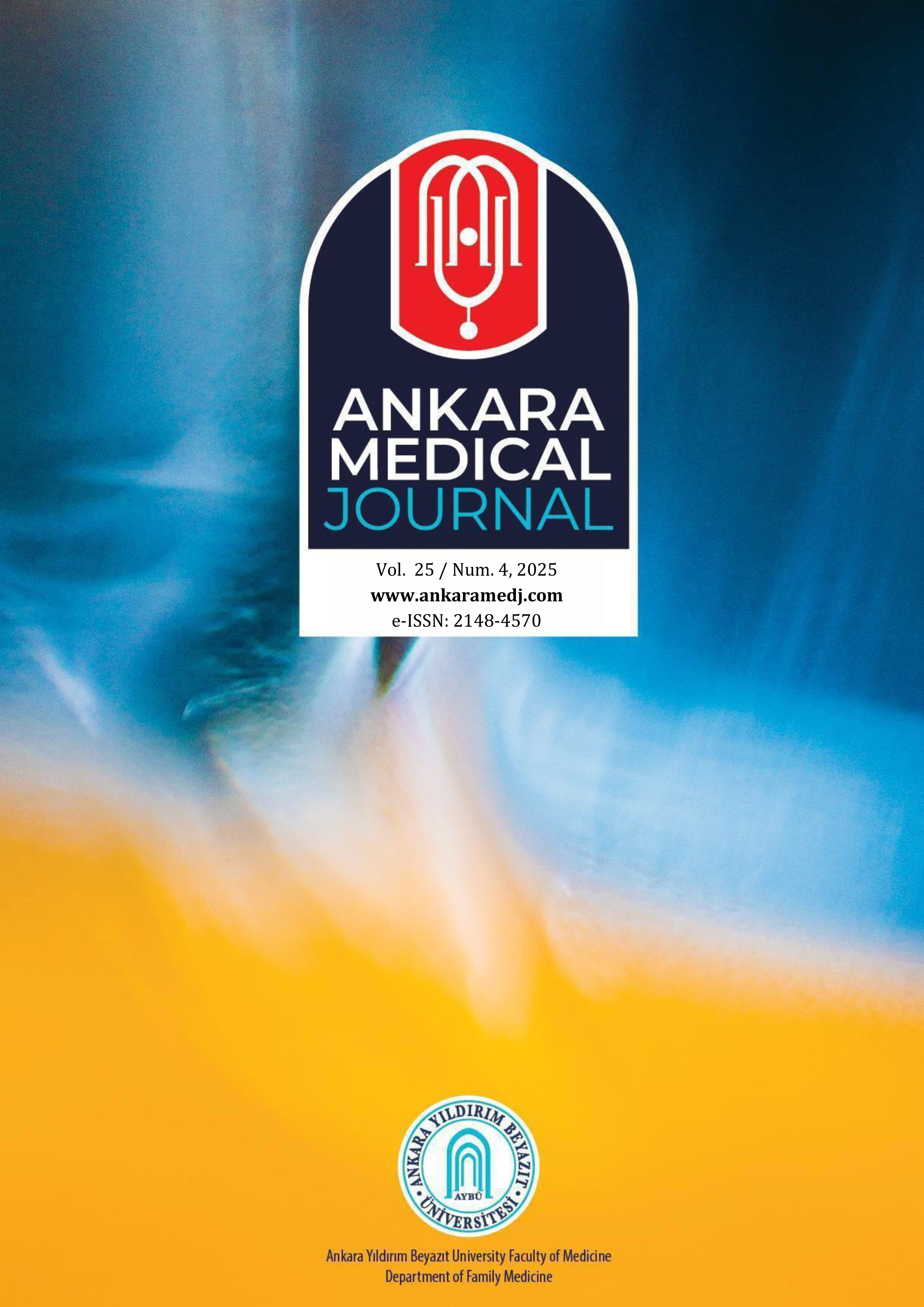Exploring the Relationship Between Metabolic Syndrome and Dementia in a Post-COVID Clinical Population
Furkan Bektaş, Cüneyt ArdıçDepartment of Family Medicine, Recep Tayyip Erdoğan University, Rize, TürkiyeINTRODUCTION: This study aimed to assess the cognitive functions and dementia risk among individuals with and without metabolic syndrome who had previously contracted COVID-19, using Mini-Mental State Examination (MMSE) scores. It also aimed to support early and effective interventions for those at risk of dementia or metabolic syndrome in accordance with clinical guidelines.
METHODS: This descriptive cross-sectional study included 375 participants aged 18 years and older who visited the COVID-19 follow-up clinic. During the clinic visit, the MMSE was administered, and participants underwent blood pressure measurement, anthropometric assessment, and laboratory testing.
RESULTS: A statistically significant association was found between dementia frequency and factors such as age, education level, and female gender in the post-COVID population (95% CI; OR=1.039, p=0.001; OR=2.937, p=0.004; OR=1.793, p=0.038, respectively). Although dementia was more common among individuals with metabolic syndrome compared to those without, this relationship was not statistically significant (OR=1.347, p=0.266).
DISCUSSION AND CONCLUSION: In line with the principles of family medicine, which emphasize early recognition and community health responsibility, we recommend cognitive screening for at-risk individuals. Tools such as the MMSE, which offer valuable insights into cognitive decline, should be used proactively to improve public health outcomes.
Keywords: Metabolic Syndrome, dementia, mini-mental state examination.
Makale Dili: İngilizce
(356 kere indirildi)





